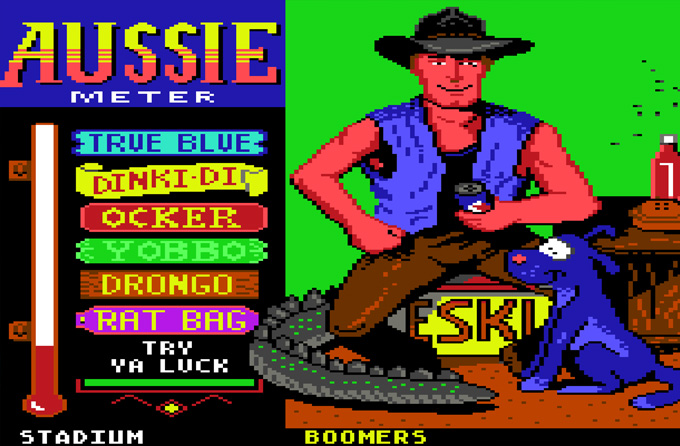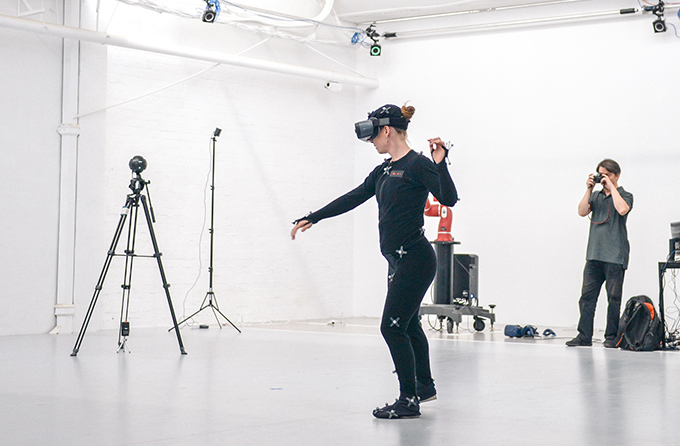


At the Centre for Transformative Media Technologies, cultural, artistic and socio-technological research embraces the nature, scope and impact of media technologies on people.
From film, TV and videogames, to virtual reality, robots and artificial intelligence, we explore how transformative media changes the way we engage with the world. Through innovative research and design we’re leading the way.
We specialise in three research areas
Creative Arts 4.0
A creative testbed for interactions made possible by new media technologies.

Techmedia Culture
Cultural, historical, theoretical, legal and ethical aspects of transformative media technologies, and the industries and institutions delivering them.

Digital Cultural Heritage
Digital preservation of objects with enduring cultural value and heritage significance.

Creative Arts 4.0
A creative testbed for interactions made possible by new media technologies.

Techmedia Culture
Cultural, historical, theoretical, legal and ethical aspects of transformative media technologies, and the industries and institutions delivering them.

Digital Cultural Heritage
Digital preservation of objects with enduring cultural value and heritage significance.

Directors
The Centre for Transformative Media Technologies brings together over 20 researchers, artists and developers from the creative arts, humanities and social sciences.

Assoc Professor John McCormick
Acting Director
Associate Professor John McCormick is a leading researcher in the creative arts and new media. His work spans creative and industrial robotics, AR, VR, 3D experiences and AI. John was an Australian Antarctic Arts Fellow and continues to investigate sustainability through the lens of Antarctic research.

Professor Melanie Swalwell
Acting Deputy Director
Melanie Swalwell is Professor of Digital Media Heritage. Her research focuses on the creation, use, preservation, and legacy of complex digital artefacts such as videogames and media artworks. Melanie is the author of Homebrew Gaming and the Beginnings of Vernacular Digitality (MIT Press, 2021), as well as many chapters, articles and anthologies on the histories of digital games.

